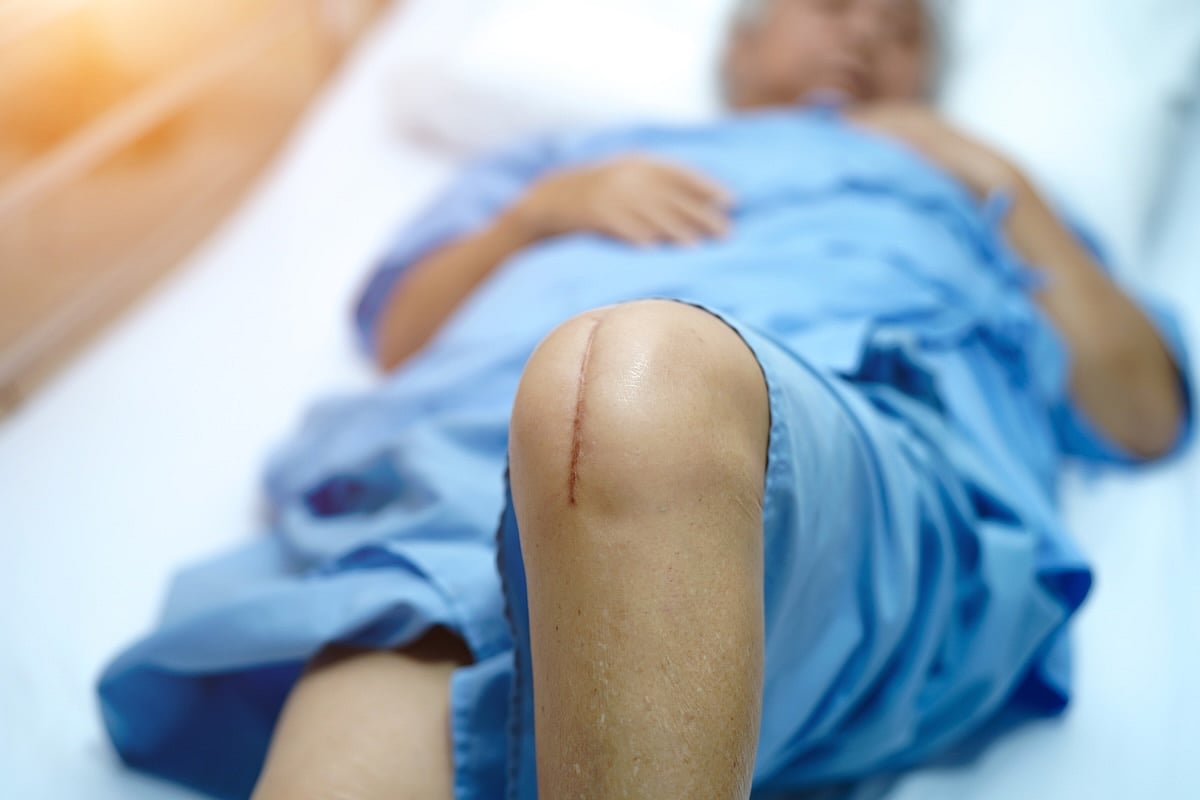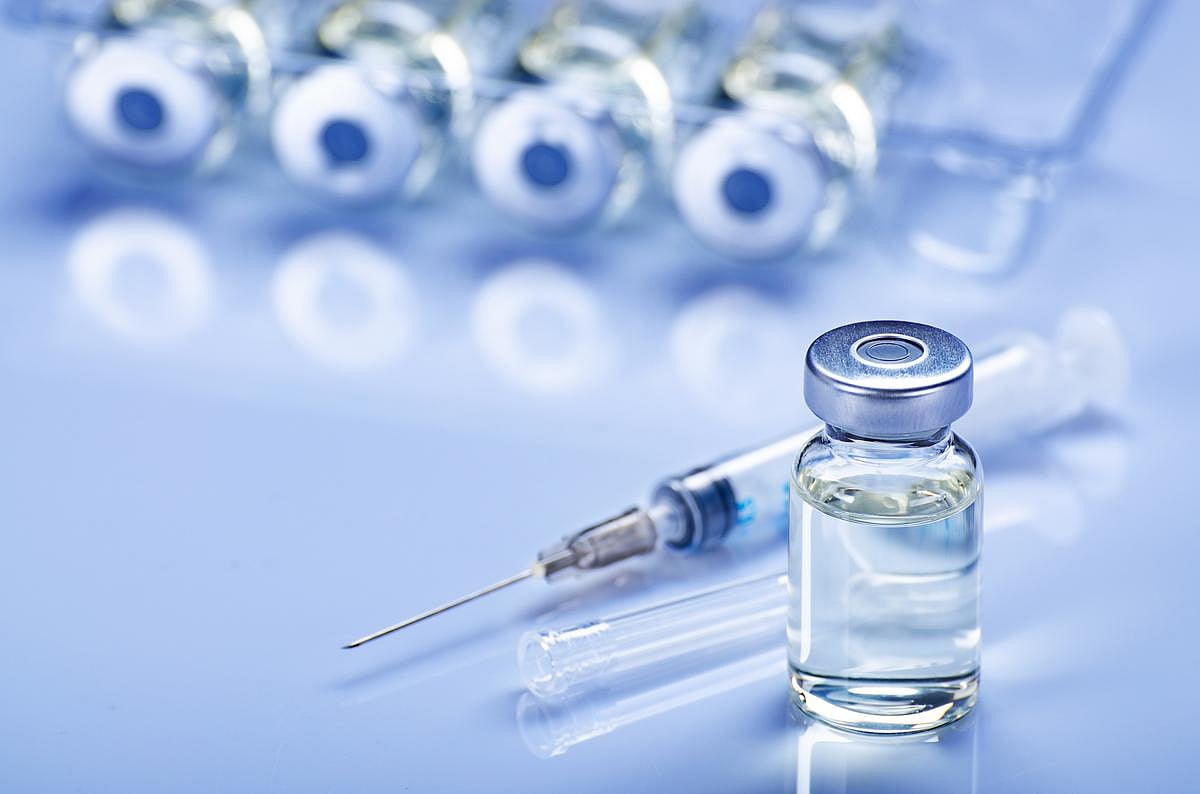
Knee or hip replacement is a major surgery, and many people must lean hard on their spouses to care for them during weeks to months of recuperation. But all that hassle is absolutely worthwhile for the one providing care for their temporarily disabled partner, a new study suggests. Spouses experience significant improvements in their quality… read on > read on >






























